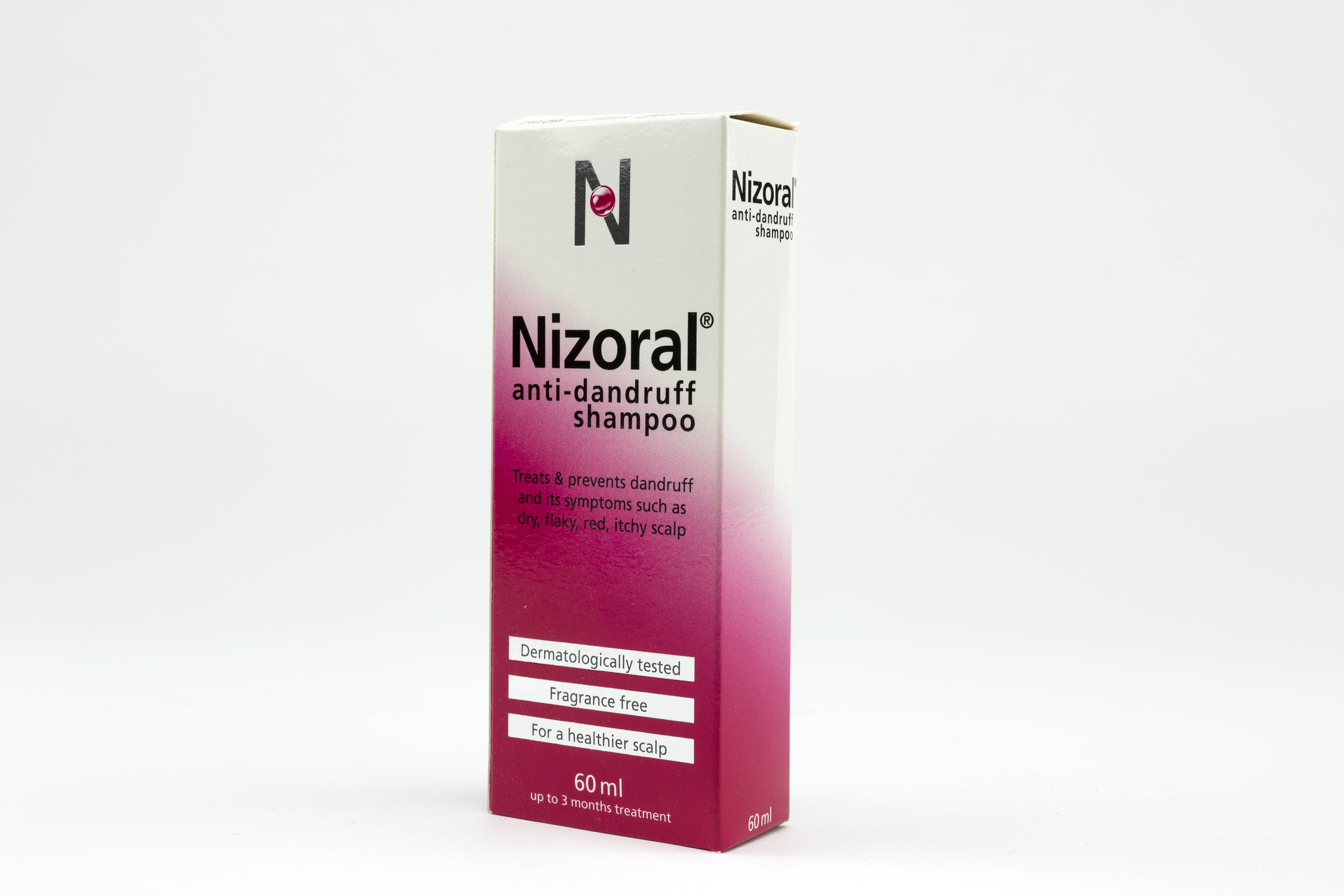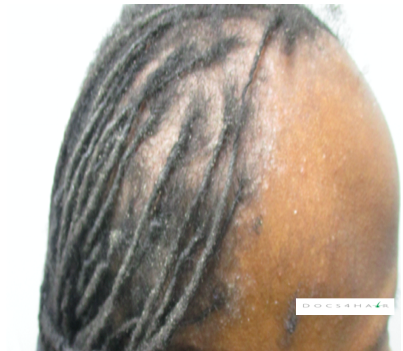Seborrheic dermatitis (dandruff) is a chronic inflammatory process due to Malassezia yeast overgrowth that affects 3–5% of the population.
It can occur on the scalp, on the foreheads, around the nose, behind the ears, chin, and chest. It can cause red or light greasy, scaly patches on the affected skin. It can worse by stress, cold, dry weather, decreased immunity and certain neurologic conditions.
Treatments include prescription or over the counter anti-yeast or anti-inflammatory preparation (creams and or shampoos). One recent study demonstrated that Kombucha, a fermented tea contains probiotics may have positive therapeutic implications for the resolution of seborrheic dermatitis.
When using shampoos for seborrheic dermatitis look for active ingredients that are anti-inflammatory and anti-yeast such as coal tar, ketoconazole, selenium sulfide, or zinc pyrithione.
Although anti-yeast/ dandruff shampoos can be very helpful for the scalp condition, they can be very drying to the hair. This is especially problematic for natural and/or color-treated hair as many preparations (particularly prescription shampoos) contain sodium lauryl sulfate.
TIP: If you are going to use these #shampoos, make sure that you pre-poo (apply conditioner and maybe an oil to the length of the hair before applying the shampoo) the hair SHAFT and apply the shampoos only to the SCALP (like you are "greasing your scalp with the shampoo"). Avoid widespread use of these shampoos on the hair shaft as this may result in dry brittle hair. This will help to protect the hair Apply shampoos once two twice a week and allow to sit on the scalp for 5-10 minutes and follow up with a deep condition.
Always consult with a dermatologist to rule out other scalp issues and discuss the best treatment options
References:
Mahmoudi E, Saeidi M, Marashi MA et al. In vitro activity of kombucha tea ethyl acetate fraction against Malassezia species isolated from seborrhoeic dermatitis. Curr. Med. Mycol. 2016;2:30–6.
Maarouf M, Platto JF, Shi VY. The role of nutrition in inflammatory pilosebaceous disorders: Implication of the skin-gut axis. Australas J Dermatol. 2018 Sep 3.




